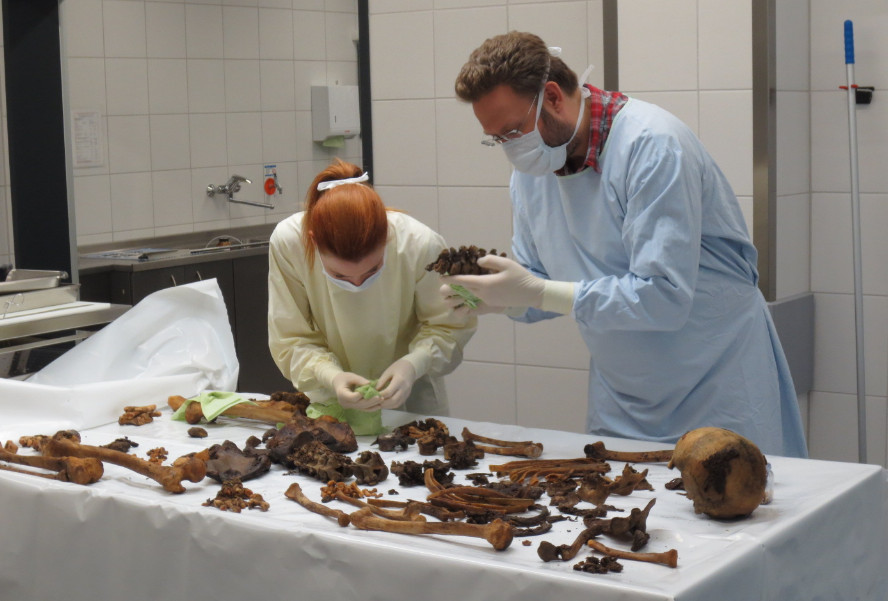Forensic anthropology is the identification of the human or what remains of the human for medico-legal purposes. Forensic Anthropologists (FA) can establish that remains are indeed human and assist in estimating the time-death interval.
They are primarily involved in retrieving information pertinent to the identity of the deceased that will assist investigators to assign a name to the individual although they can assist in reconstruction of the manner of death.
FAs will assess the sex of the deceased, age at death, stature and ancestry where possible and establish any features particular to the personal identity of the deceased including previous injury, pathological conditions, as well as commenting on peri-mortem trauma.
The FA may also be requested to assist on matters of identification when the subject is still alive.
(FA Definition according to the Code of Practice, Ethics and Professional Standards in Forensic Anthropology, p4, Royal Anthropological Institute)
Forensic anthropology is a scientific discipline that applies the methods of physical and biological anthropology to the medico-legal process and criminal justice system.
Forensic anthropologists can also assist with the estimation of post-mortem interval and the interpretation of cultural, burial and mortuary contexts (forensic taphonomy).
(FA Definition according to the British Association for Forensic Anthropology website)



